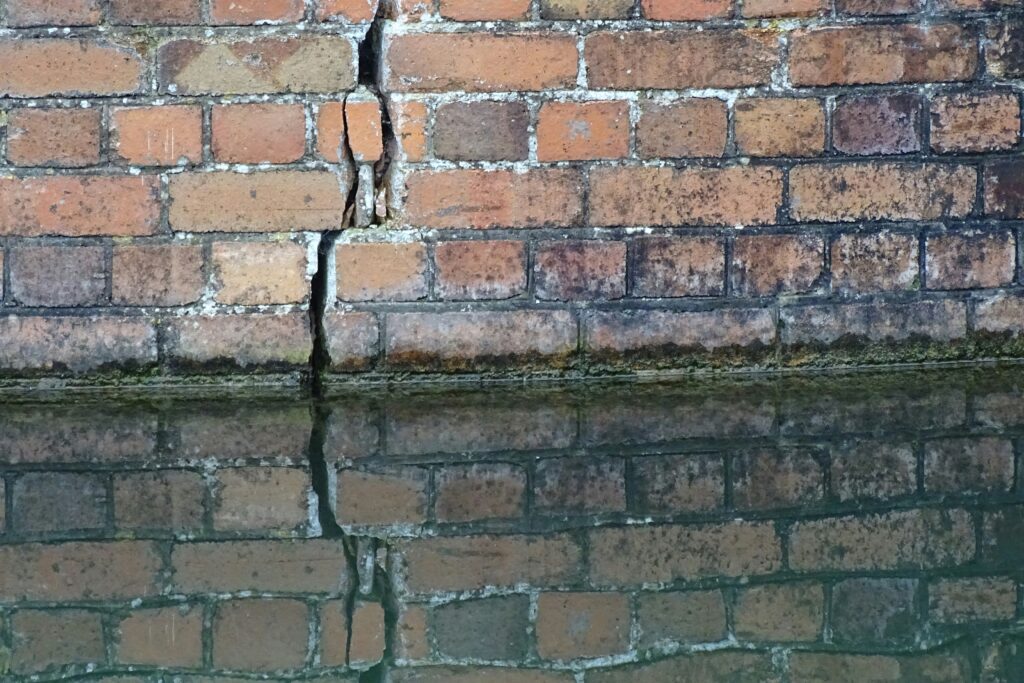
Do You Have to Declare Flooding When Selling a House?
When it comes to selling your home, honesty isn’t just the best policy – it’s often a legal requirement. If your property has a history of flooding, you’re likely wondering: Do I have to tell potential buyers? The short answer is yes, in most cases, you must disclose past flooding. But how you go about it, what you need to declare, and how it affects your sale are all key points worth understanding – especially if you’re aiming for a fast, hassle-free sale.
Let’s dive into everything you need to know about flood disclosures when selling a house in the UK.
Why does flood history matter?
Flooding can cause serious damage to a property’s structure, electrics, and interior, not to mention the emotional toll it takes on homeowners. It can also lead to costly repairs and significantly impact home insurance premiums. For buyers, a home with a flood history can be a deal-breaker – or at the very least, a reason to negotiate.
From a legal and ethical standpoint, sellers are expected to be transparent about such issues to prevent future disputes and ensure a fair transaction.
Legal obligations: The TA6 Property Information Form
In the UK, the process of selling a house typically involves completing a TA6 Property Information Form, which is part of the conveyancing process. This form asks for detailed information about the property, including:
- Whether it has ever flooded
- The type of flooding (e.g. surface water, river, sewer, coastal)
- The date and severity of any flood events
- Whether any flood protection measures are in place
- Whether an insurance claim was made as a result
This is a legally binding document. Providing false or misleading information (or failing to disclose relevant details) could leave you open to legal action from the buyer later on.
What counts as flooding?
You might think a bit of water in the garden after heavy rain doesn’t count as flooding – but from a buyer’s point of view, it might. There are several types of flooding you may need to declare:
- River flooding: When a nearby river or stream overflows
- Surface water flooding: Caused by heavy rainfall unable to drain away
- Groundwater flooding: Happens when the water table rises
- Sewer flooding: Occurs when drains back up
- Coastal flooding: From tides and storm surges in seaside areas
Even if the flooding was minor or happened a long time ago, it still needs to be mentioned on the TA6 form if you’re aware of it.
What if you’re selling through an estate agent?
Estate agents also have legal responsibilities under the Consumer Protection from Unfair Trading Regulations 2008. They are required to pass on any material information they are aware of that could influence a buyer’s decision. If your estate agent knows about past flooding and fails to disclose it, both you and the agent could be held accountable.
Can I sell a flood-damaged house fast?
Yes, absolutely, but the process may be different than a standard sale. If you’re trying to sell a home that has suffered flood damage, or sits in a flood-prone area, your pool of traditional buyers may be limited. However, there’s still demand, especially from:
- Investors looking for renovation projects
- Cash buyers who aren’t relying on mortgages (which can be harder to secure for high-risk properties)
- Specialist property buying companies like Sell House Fast, who purchase properties in “as-is” condition for a quicker transaction
If speed and certainty are more important to you than getting full market value, selling to a property buying company can be a great option.
How does flood risk affect property value?
Flood risk can have a noticeable impact on a property’s market value. Buyers may be deterred by:
- Higher insurance premiums or difficulty obtaining insurance
- Perceived risks to property value and safety
- Costs associated with potential future flooding or repairs
On average, homes in high-risk flood zones can sell for 10–20% less than similar homes in safer areas. However, many factors come into play – including location, severity of risk, and whether flood defences have been installed.
Can you get insurance after a flood?
Thanks to the government-backed Flood Re scheme, many homeowners in high-risk areas can still access affordable insurance – though this only applies to properties built before 2009 and used as primary residences. If you’re selling a property that has benefited from Flood Re, it’s worth mentioning it to reassure potential buyers.
What happens if you don’t declare flooding?
If you knowingly withhold information about flooding, or answer dishonestly on the TA6 form, you could face legal consequences. The buyer could:
- Sue for misrepresentation
- Seek compensation for losses
- Even reverse the sale in extreme cases
While it might be tempting to “forget” about that flood from years ago, it’s rarely worth the risk. Plus, a lack of transparency can delay the sale if the issue is uncovered during surveys or legal checks.
How to make a flood-risk property more attractive to buyers
If you’re trying to sell a property that’s been affected by flooding, here are a few steps you can take to improve your chances:
1. Be upfront and honest
Disclose any flooding issues early. Buyers appreciate transparency, and it saves time and legal hassle later on.
2. Provide documentation
If you’ve carried out repairs or installed flood defences (e.g. barriers, air bricks, pumps), keep a record. Providing before-and-after photos, invoices, and insurance documents can demonstrate responsible ownership.
3. Highlight improvements
If your local council or the Environment Agency has made improvements to local flood defences, mention it in your listing or marketing materials.
4. Consider selling to a specialist buyer
If the property has severe issues or you’re looking for a quicker, more certain sale, companies like Sell House Fast offer a valuable alternative. We buy properties in any condition, including those affected by flooding, with no need for costly repairs or long delays.
Selling a flood damaged property with Sell House Fast
Selling a flood-prone property on the open market can take time, effort, and patience. You’ll need to find the right buyer – someone willing to take on the risk. But if you’re after speed, certainty, and simplicity, we’re here to help.
At Sell House Fast, we:
- We buy any property, even flood-damaged
- Work to your timeline – often completing sales in as little as 7 days
- Cover all legal fees, with no hidden costs, so you can sell your house for free
- Offer free, no-obligation cash offers
You don’t have to fix the property or wait for a buyer who’s willing to take the plunge – we’ll do the heavy lifting, so you can move on.
Selling smart after flooding
Yes, you do have to declare flooding when selling a house. It’s a legal obligation and the right thing to do. But it doesn’t mean your home is unsellable. With the right approach, transparency, and possibly a fast-sale solution like Sell House Fast, you can still achieve a smooth, successful transaction – even if your home has been under water before.
Need to sell a flood-affected house fast? Get in touch with Sell House Fast today for a free, no-obligation cash offer – we’re ready when you are.


